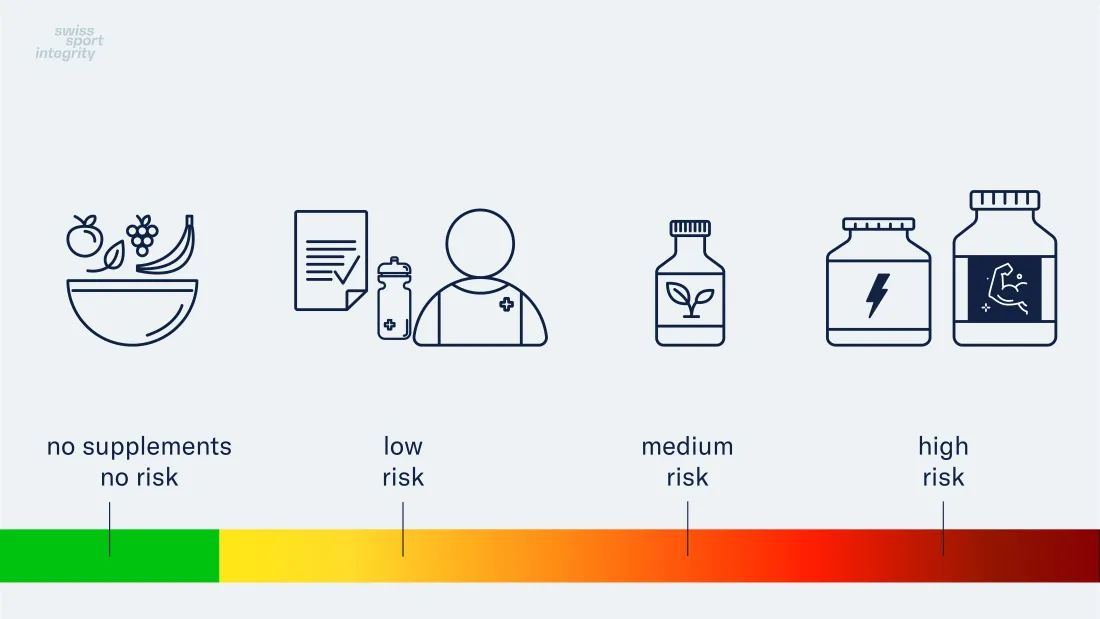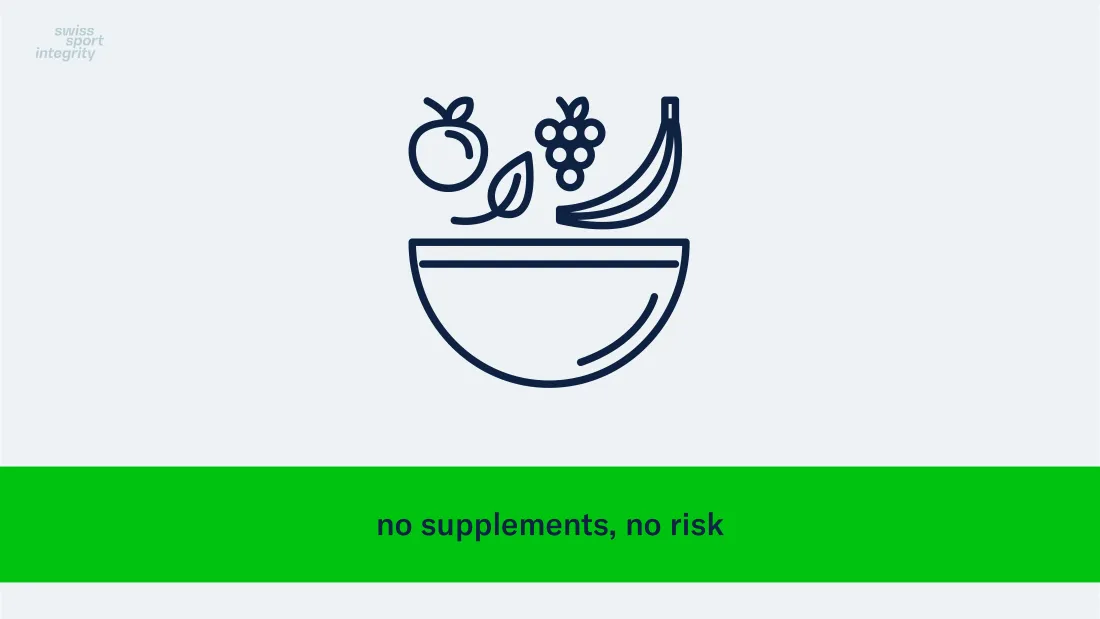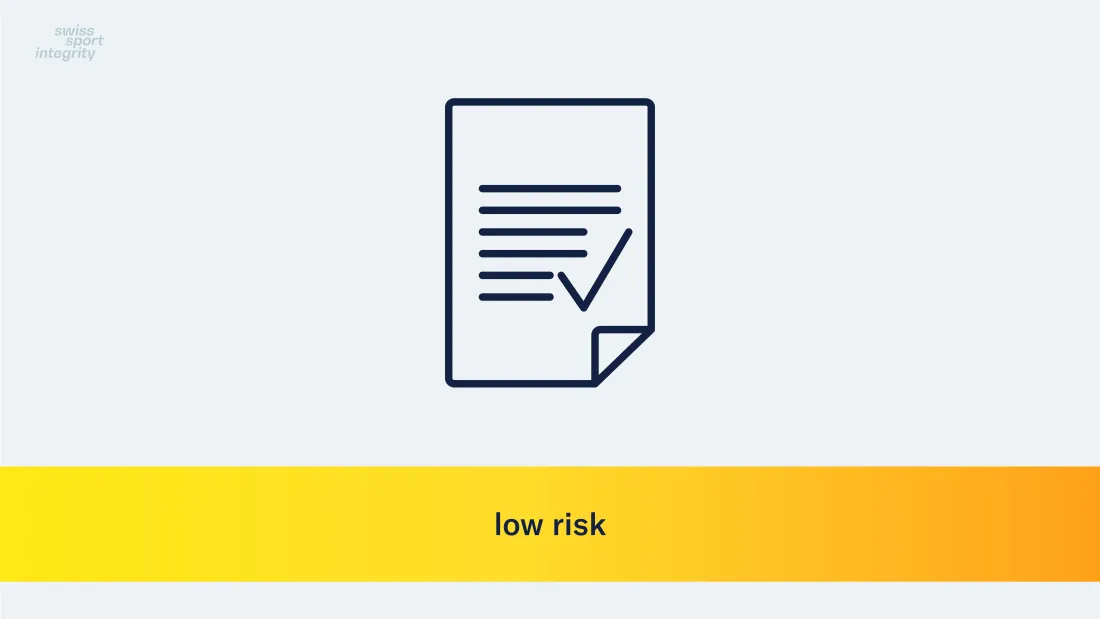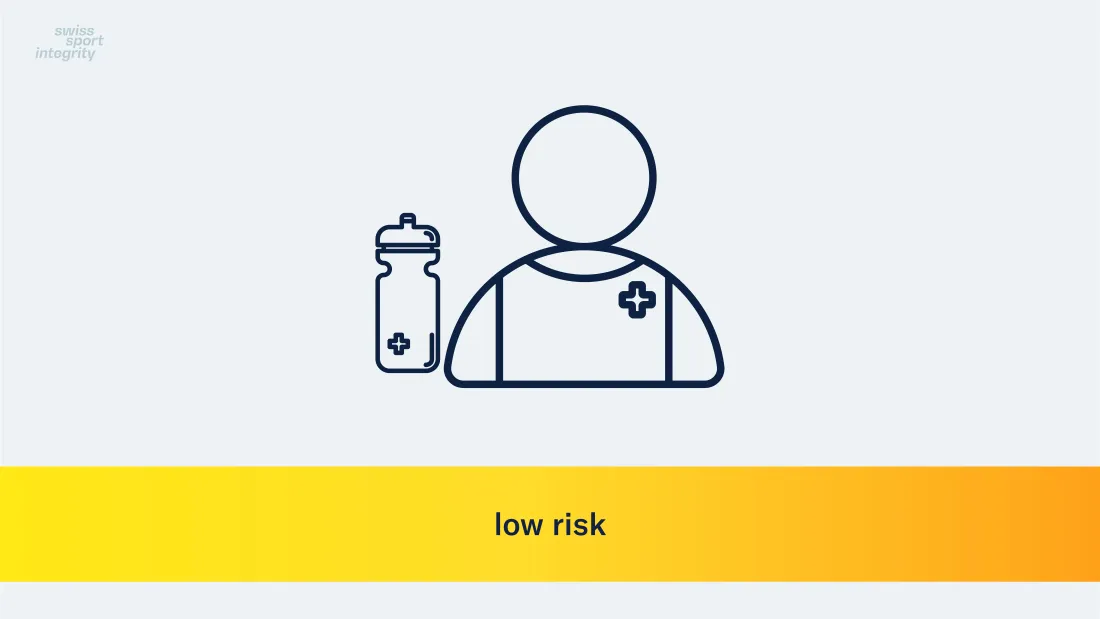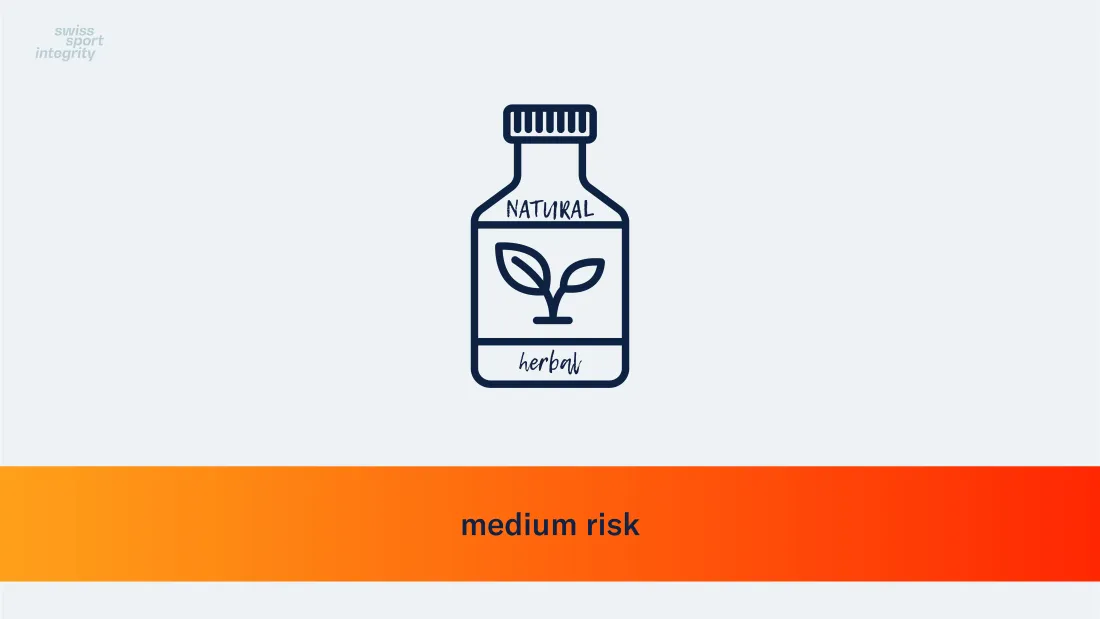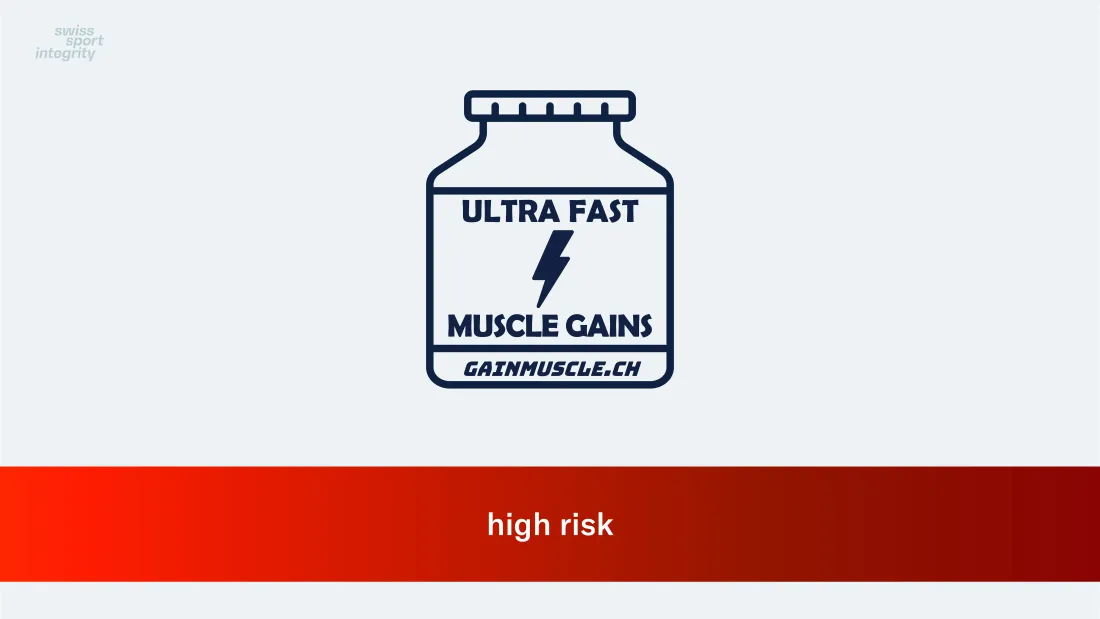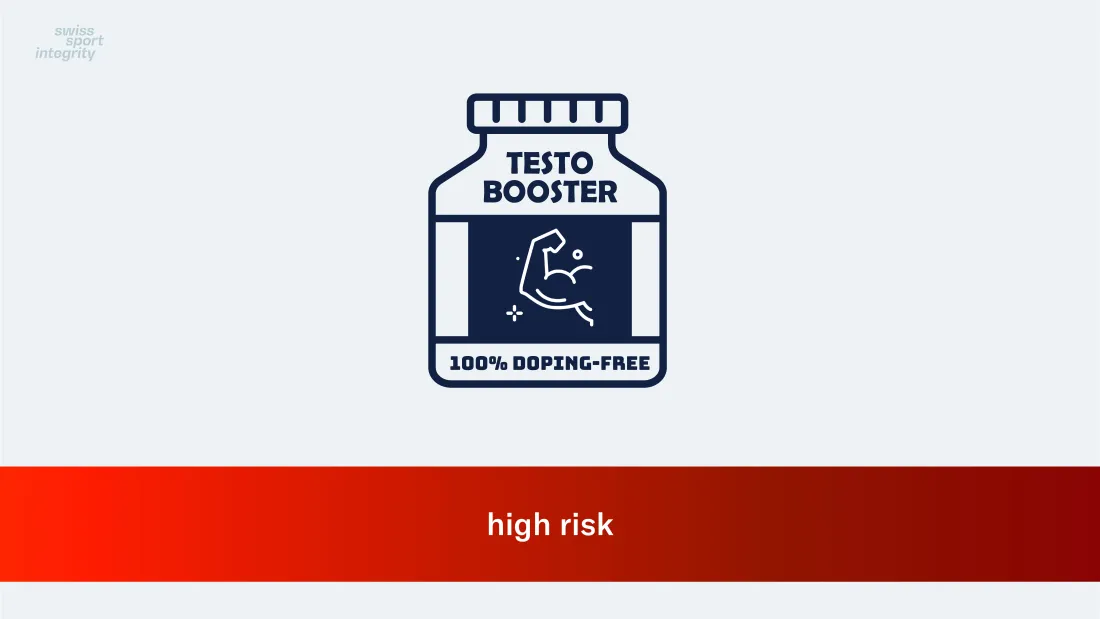Athletes Bear Full Responsibility
Nutritional supplements present a doping risk as they may be contaminated with prohibited substances.
Athletes bear full responsibility for samples reporting a positive test due to prohibited substances contained in nutritional supplements they have taken. A reduction of the sanctions is only possible, if the athletes can prove that they have taken all precautionary measures to reduce the associated doping risk.
This risk can never be ruled out completely. Athletes should therefore only use nutritional supplements following an individual assessment of the benefits and risks. The basic principles are:
- Healthy basic diet and needs assessment by a specialist
- Take account of exclusion criteria and tips for reducing risk
Nutrition in Sport
Athletic performance is rooted in a healthy basic diet. It may make sense to adapt calorie levels depending on the sport, or to select specific foods to ensure an optimum supply of energy and nutrients.
Nutritional supplements can complement basic nutrition in order to aid individual and sport-specific needs, but should never be used as a substitute for a healthy basic diet. The use of nutritional supplements should be determined by a specialist and considered only where really necessary.
The supplement guide issued by the Swiss Sports Nutrition Society SSNS provides information on nutritional supplements and divides them into categories. Under category A, it lists supplements, which might be appropriate in certain situations.
If you have any questions concerning sports nutrition, do not hesitate to contact SSNS: contact(a)ssns.ch.
Reducing Risk
The only way to avoid the risk of contaminated nutritional supplements completely is to avoid using these products. Unlike medication, nutritional supplements are not regulated by the Swiss Agency for Therapeutic Products Swissmedic and have therefore lower quality requirements. Swiss Sport Integrity would therefore never classify any nutritional supplement as risk-free or safe.
Medications containing vitamins and minerals
Various vitamins and minerals are also available as medications. These can be checked with the medication inquiry service Global DRO. In Switzerland, for example, the following vitamins and minerals are available as medication:
- calcium
- iron
- magnesium
- multivitamins and multiminerals
- vitamin B12
- vitamin C
- vitamin D3
- zinc
Seek advice from a specialist and choose primarily registered medications if you have a specific need. A selection of medications containing vitamins and minerals can be found in the the List of permitted medications for common ailments 2025 (German and French).
Certification Programs
Manufacturers can have their nutritional supplements tested for contamination with prohibited substances. Products listed on the websites of the following certification programs have been analyzed in accordance with their guidelines and testing programs. This is the best way of reducing the doping risk, although it does not eliminate it entirely.
Doping Risk
Nutritional supplements may contain prohibited substances, which are not declared as ingredients on the packaging. It can be assumed that 5 to 20% of products worldwide are contaminated with substances prohibited according to the Prohibited List (Vernec et al., 2013). Contamination may occur, for example, in contaminated production facilities, or prohibited substances may be added deliberately to increase the effect of the product. There have been several cases in the past in which athletes were suspended from sport because of supplements contaminated with prohibited substances.
Health Risks
In addition to any possible contamination with prohibited substances, other contaminants (e.g. heavy metals or microbial load) may also be present. In 2024, a total of 127 samples from Swiss online stores and from the Principality of Liechtenstein were checked in a national control campaign by the Association of Cantonal Chemists Switzerland. In order to protect consumers, 89% of these samples had to be banned from sale as they contained ingredients that are prohibited under food law or require authorization. Health risks may also occur as a result of high dosages of nutritional supplements. The athlete’s personal needs should therefore be clarified with an independent specialist, and this advice then followed.
Doping Mentality
According to various studies, the regular and habitual use of nutritional supplements can lead to a doping mentality (Backhouse et al., 2013). For example, a subconscious psychological dependence on energy drinks can emerge if such a drink is consumed before each training session. The frequent consumption of nutritional supplements has been linked to a higher probability of the deliberate use of prohibited substances or methods further down the line.
Support and Contact
If you have any questions, please do not hesitate to contact us.
